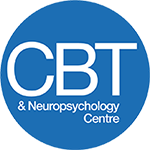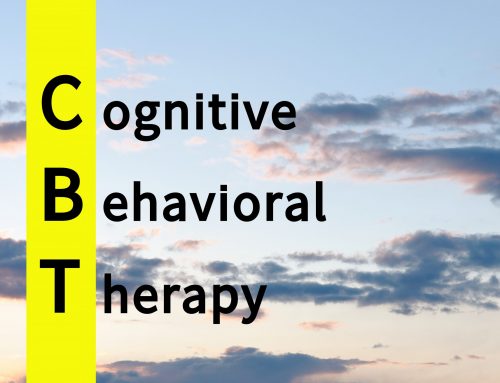In neuropsychology, the Frontal Lobe Paradox presents a unique challenge: individuals with intact executive function on formal tests may display impulsive, often risky behaviors in real life. This inconsistency between testing and daily functioning—labelled the Frontal Lobe Paradox—suggests underlying cognitive challenges not captured in structured assessments.
A recent discussion by clinical, forensic, and neuropsychologists sheds light on the cognitive mechanisms driving this paradox, offering deeper insights and treatment directions. Key factors include slowed processing speed, attention deficits, disinhibition, and self-monitoring issues. For instance, slowed processing can prevent individuals from retrieving and applying information in real time, while attention deficits hinder the capacity to retain goal-related information, increasing impulsive responses. Additionally, disinhibition and difficulties in self-monitoring contribute to an inability to control impulsive actions or gauge their social consequences.
To address these challenges, tailored treatment approaches are essential. Techniques such as environmental modifications, Stop/Think exercises, and role-play can help manage impulsivity and build self-awareness. Psychoeducation about cognitive strengths and limitations empowers individuals to understand and adapt to their behaviors, minimizing the risk of self-defeating actions.
Understanding and treating the Frontal Lobe Paradox requires a holistic approach, blending structured cognitive assessments with real-life observations and environmental adaptations. As clinicians deepen their grasp of these complex behaviors, they can foster more effective support systems, promoting stability and safety for individuals navigating the complexities of neuropsychological impairments.






